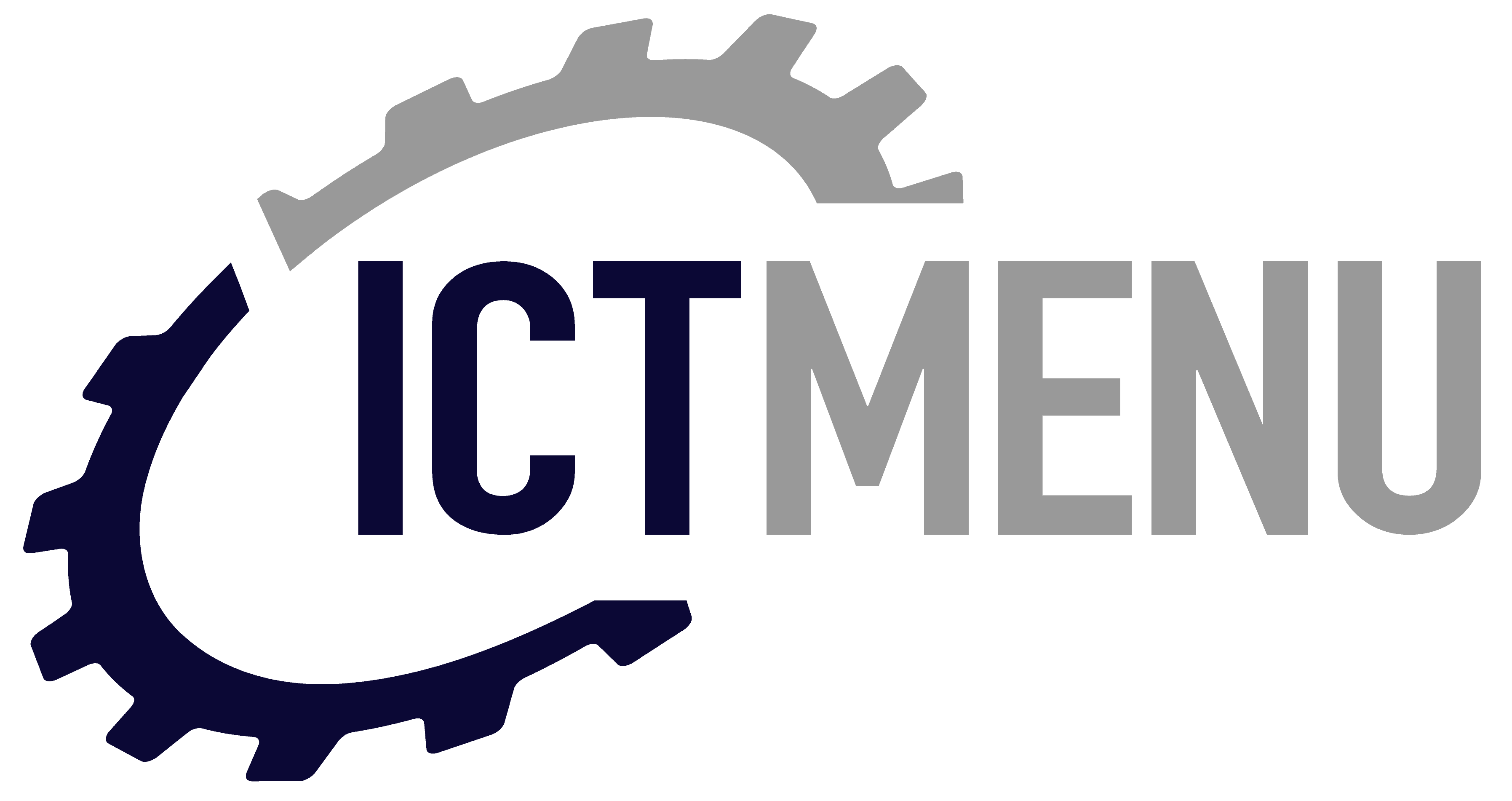Dune Analytics provides a powerful platform for exploring and analyzing blockchain data. By leveraging state-of-the-art tools, users can gain insights into cryptocurrency transactions and trends. Whether tracking market movements or investigating blockchain activities, this platform offers unmatched data visualization. Discover the full capacity of blockchain datasets and enhance your understanding of crypto markets.
Introduction to Dune Analytics
Dune Analytics is an indispensable platform for individuals fascinated by blockchain technology. With its robust set of tools, Dune Analytics allows users to explore and visualize Ethereum data alongside other supported blockchains in transformative ways. By enabling the creation of highly informative dashboards, this platform helps analysts convert intricate blockchain data into visual representations that are both comprehensible and impactful. This capability not only enhances transparency across blockchain networks but also plays a crucial role in facilitating informed, data-driven decisions.
The beauty of Dune Analytics lies in its ability to simplify the complexities inherent in blockchain data. Users can, for example, create custom dashboards to track specific metrics or trends, offering valuable insights across various domains such as DeFi, NFT transactions, or DAO activity. By providing these analytical tools, Dune Analytics supports users in crafting bespoke solutions tailored to their unique data exploration needs, whether they are blockchain enthusiasts, developers, or financial analysts.
Furthermore, its accessibility is key to fostering a more transparent blockchain ecosystem. By democratizing access to crucial data insights, Dune Analytics encourages users to engage actively with the data, fostering a deeper understanding of blockchain mechanisms and their implications.
As we transition to our next exploration on how Dune Analytics works, prepare to delve into the intricacies of its functionalities. Understanding the platform’s mechanics will equip you with the knowledge needed to harness its full potential, ultimately empowering your data exploration endeavors with greater precision and expertise.
How Dune Analytics Works
Dune Analytics is transforming how we interact with blockchain data by providing users the ability to craft precise analytical queries through its SQL-based platform. This approach allows analysts to efficiently filter and aggregate vast amounts of data, turning raw blockchain information into clear, actionable insights. Users of Dune Analytics benefit from open access to shared dashboards, fostering an environment of collaboration and learning, where analysts can exchange ideas and techniques.
The platform operates by allowing users to write queries in SQL—a structured language known for its efficiency in handling data. This familiar language makes Dune Analytics accessible to those with some technical background, while also offering the power needed to delve deep into complex datasets. Analysts can use SQL to perform a range of operations, from simple data extraction to complex aggregations and joins, paving the way for detailed analysis and reporting.
Users can leverage Dune Analytics to explore Ethereum data, one of the most popular blockchain networks, by querying smart contract interactions, transaction flows, and more. The results can be showcased through custom dashboards, which are not only useful for individual analysis but are also shareable with the wider community. By providing visibility into each other’s work, users can learn from public queries and dashboards, enhancing their own work by integrating best practices from peers.
As we transition to discussing the benefits of using Dune Analytics, it’s important to recognize the combination of accessibility and powerful data querying that positions the platform as a pivotal tool for blockchain data analysis, ultimately empowering users to derive value from blockchain information with ease and precision.
Benefits of Using Dune Analytics
Dune Analytics stands out as a powerful tool for anyone eager to delve into blockchain data analysis. Offering a variety of valuable benefits, Dune Analytics allows users to create highly customizable dashboards, which enable a tailored experience to explore and visualize data exactly as needed. The platform addresses the dynamic nature of blockchain with real-time data access, ensuring that users have the most up-to-date information at their fingertips. This capability is essential for market participants who need to make informed decisions quickly.
Another significant advantage lies in its community-driven insights. Dune Analytics thrives on collaboration, allowing users to share and access analyses from a vibrant community of peers. This democratization of data insights can help uncover hidden trends and patterns that may otherwise remain unnoticed. The user-friendly interface of Dune Analytics simplifies complex data analysis tasks. Even those who might not consider themselves data experts can navigate through data sets, spotting anomalies and patterns with ease.
By leveraging these benefits, investors gain a competitive edge with data-driven decision-making, while developers optimize their projects based on empirical evidence rather than assumptions. For IT professionals, understanding how to effectively utilize Dune Analytics can lead to better project outcomes and a deeper comprehension of blockchain behavior.
By integrating these features, Dune Analytics not only enhances data proficiency but also paves the way for users to construct detailed, actionable dashboards. As you explore the advantages of this platform, the next step is to harness its full potential by diving into how to create compelling and insightful dashboards on Dune Analytics.
Creating Dashboards on Dune Analytics
Dune Analytics offers a user-friendly interface for creating insightful dashboards, a feature that complements the benefits explored in the previous section. By compiling multiple data queries into visually cohesive representations, Dune Analytics enables users to track and analyze diverse trends within the blockchain ecosystem, such as DeFi activity or token movements. This process begins by identifying the specific data sets necessary for addressing your query or interest. Once the data source is chosen, users create SQL queries tailored to extract the needed information.
Practicality is key when designing a dashboard on Dune Analytics. Users are encouraged to focus on clarity, ensuring that the visualizations resonate with the intended message. This involves choosing the right type of chart or graph that best complements the data set. For instance, a line graph could effectively depict changes over time, whereas a bar chart might be preferable for comparing distinct categories.
Dune Analytics facilitates customization, allowing users to adjust colors, labels, and captions to enhance readability and appeal. It’s essential to periodically review and adapt dashboards to reflect the ever-evolving nature of blockchain data. Dashboards are not static; they should evolve with the data they display, consistently offering relevant insights.
In the collaborative world of blockchain, community engagement can significantly enrich the experience of using Dune Analytics. Transitioning naturally into the next topic, we explore how users can leverage community collaboration to further enhance their analytic insights and contribute to the collective understanding of blockchain dynamics.
Community and Collaboration
Dune Analytics fosters a vibrant community where engagement and collaboration take center stage. Leveraging the insights gained from creating dashboards on Dune Analytics, users can now dive deeper by contributing to a collective knowledge base. The platform encourages sharing findings, which not only enriches the data available but also stimulates collective learning. Users from diverse backgrounds can connect, discuss complexities, and share unique perspectives, enhancing the overall understanding of blockchain data.
An integral part of Dune Analytics is the ease with which users can collaborate to refine data queries and improve analytics. This openness allows even novices to benefit from the expertise of seasoned professionals, who willingly refine data models and share advanced techniques. The community-driven approach means that data exploration becomes more dynamic; solutions are often reached more quickly thanks to communal problem-solving efforts.
Furthermore, the ability to share and improve upon each other’s work elevates Dune Analytics from a mere tool to a holistic platform that nurtures data literacy. Users can see how others approach data problems, learn from these methodologies, and even suggest improvements. This interactive aspect ensures that everyone, from beginners to experts, can contribute valuable insights to the collective pool.
As technology continues to evolve, so too does the importance of collaboration in data analysis. Dune Analytics remains a beacon in this regard, preparing its community for the future challenges of blockchain analysis, highlighting the critical role such platforms play in tomorrow’s data-driven environments.
Future of Blockchain Analysis
Dune Analytics is poised to transform the future of blockchain analysis by providing users with precise, real-time data solutions. As more industries and communities increasingly rely on blockchain technology, the demand for scalable platforms like Dune Analytics becomes paramount. The platform’s flexibility and innovative approach enable users to efficiently handle vast amounts of data, paving the way for significant advancements in the industry.
To meet the growing expectations of its user base, Dune Analytics is anticipated to integrate cutting-edge technologies. This includes leveraging artificial intelligence and machine learning to enhance data processing capabilities and offer predictive analytics. By incorporating these technologies, the platform will not only streamline the analysis process but also uncover deeper insights and trends within blockchain data that were previously inaccessible.
As we shift from static to more dynamic models of data analysis, Dune Analytics is well-positioned to lead this change. The future will likely see enhanced user interfaces allowing for more intuitive data visualization, enabling users to make informed decisions quickly. Furthermore, as demand for decentralized finance (DeFi) continues to surge, platforms like Dune Analytics can play a crucial role in delivering tailored analytics solutions that address the unique needs of these markets.
The community-driven ethos previously explored in ‘Community and Collaboration’ will continue to be integral, fostering an environment where users contribute to the evolution of the platform. As more participants engage with Dune Analytics, the diversity of insights will expand, further enriching the platform’s offerings. This collaborative backbone will ensure that blockchain analytics remain accessible and comprehensive to all, guiding users through the complexities of digital infrastructure with ease and precision.

